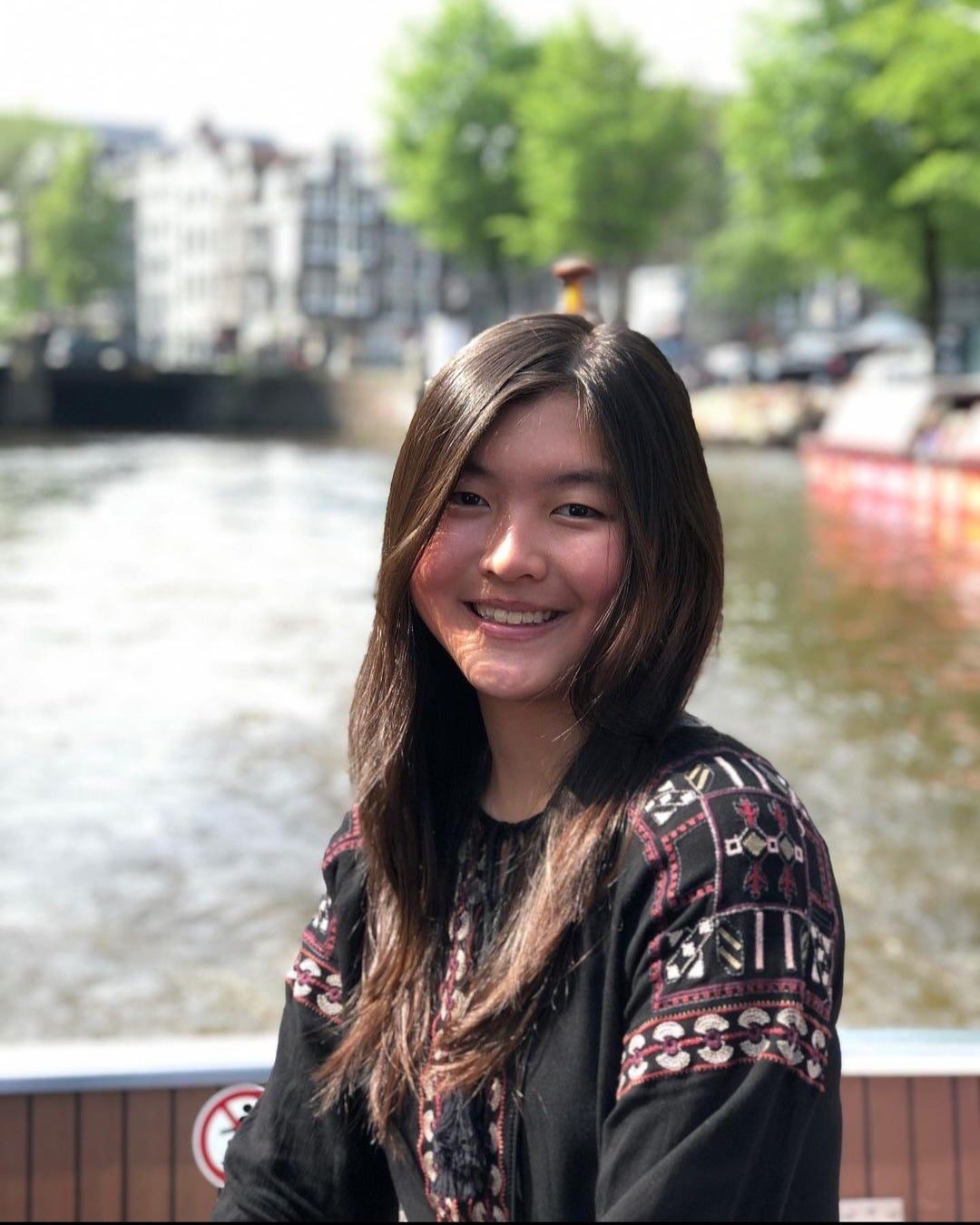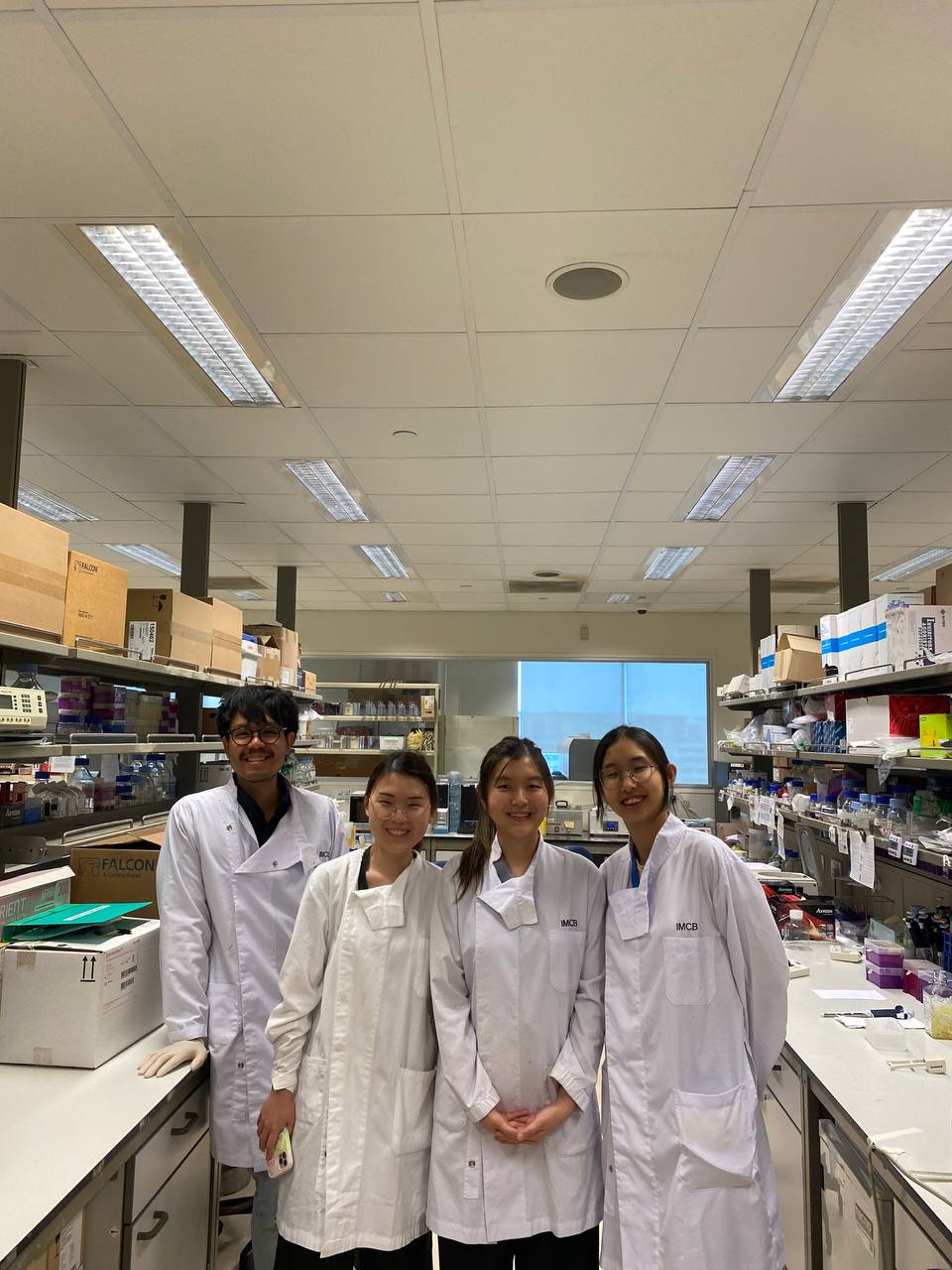Combining passion with purpose
June 30, 2023
FOO Yan Ling’s journey in cancer research began in her polytechnic days, where engineering antibody therapeutics to target a cancer receptor sparked her fascination with the complexity of cancer. Witnessing her grandfather’s demise from prostate cancer reinforced her conviction to venture into this domain.

The Year 4 Life Sciences student therefore began taking active steps to shape her pathway towards a career in cancer research. She enrolled in courses within the Biomedical Science specialisation that allowed her to focus on human health and diseases, and the goal of clinical solutions, while her choice of internships enabled her to investigate the underlying biological processes leading to cancer.

Oncology is rife with opportunities for research in the quest to discover better therapies for cancer. “The exciting yet unpredictable nature of research appeals to me,” Yan Ling says, and with this in mind, she embarked on an internship at the Institute of Molecular and Cell Biology within the Agency for Science, Technology and Research (A*STAR) where she worked on molecular therapeutics in cancer and ageing.
In her first project, she validated CRISPR edited and unedited clones of a specific genomic site which regulates DNA damage, to better understand how genomic instability promotes cancer. Her second project on a mouse DNA fibre labelling experiment aimed to establish and validate a novel protocol to assess the replication stress index in mouse models. In her final project, Yan Ling gained hands-on experience working on genotoxicity and mitochondrial uncoupling activity.

Despite numerous challenges, the internship was a fulfilling and rewarding one, where she acquired both technical and soft skills.
For instance, she learned to be careful and cautious with reagents used for experiments and the importance of double checking calculations and formulae in experiments. “These are critical points to prevent the wastage of materials and reagents that could be very costly,” she says.

The internship also enhanced her scientific thinking skills and the ability to think critically when assessing experimental data. While repeating experiments and performing quantification work were tedious tasks, Yan Ling had the opportunity to troubleshoot experiments independently, which she believes is invaluable when she conducts her own research.
She experienced both success and failure in the course of her experiments and this strengthened her resilience and confidence, as she learned how to embrace failure and persevere through it.

For students considering research internships, Yan Ling has this to say. “Science does not stand still. Research is filled with new challenges, findings, successes and failures. It is an adventure which requires you to be adaptable, be critical thinkers, and to stay open-minded and driven when the journey becomes tough.”

Watch Yan Ling’s interview here, where she shares how she managed her overwhelming academic workload and stress when transitioning from polytechnic to university level, and her advice to freshmen on adjusting and discovering work life balance.


